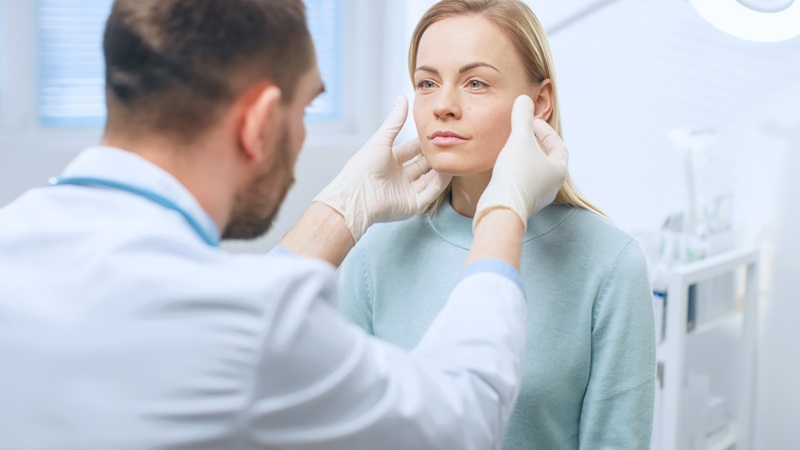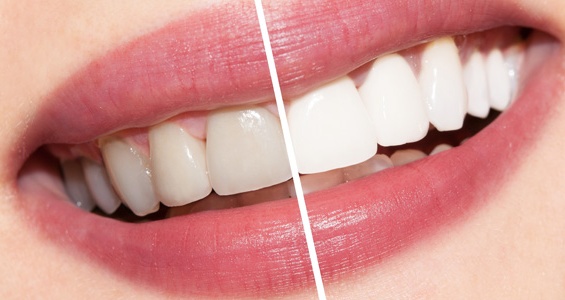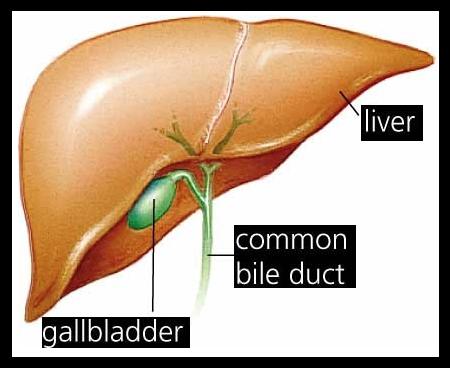Table of Contents
ToggleNavigating Medical Compliance: Understanding the FDA’s Regulatory Landscape
Medical compliance is a complex web of laws and regulations established by the United States Food and Drug Administration (FDA). These regulations are designed to safeguard the health and well-being of consumers, ensuring that products and services related to various industries adhere to strict standards. From food service and pharmaceuticals to medical devices and cosmetics, the FDA plays a pivotal role in ensuring compliance and safety. In this comprehensive guide, we’ll delve into the diverse areas governed by the FDA and explore the critical role it plays in our everyday lives.
Food Service Compliance
When it comes to food service compliance, the FDA’s jurisdiction encompasses a wide range of critical areas. From restaurant kitchens to food manufacturing plants, the agency enforces guidelines and regulations meant to maintain the integrity and safety of the food supply chain.
One of the primary responsibilities of the FDA is to register and inspect food facilities. This registration process allows the agency to keep track of where our food is coming from, ensuring that it meets certain safety and quality standards. Additionally, the FDA intervenes in the import and export of food products to guarantee that they meet the same standards as domestically produced items.
One aspect of the FDA’s work that profoundly affects us all is its role in preventing foodborne illnesses and contaminants. The agency actively monitors the food supply chain, issuing recalls when necessary to remove contaminated or potentially harmful products from the market. This vigilance helps maintain the safety and well-being of consumers across the country.
Moreover, the FDA plays a crucial role in shaping the information available to consumers. This includes mandates for the packaging and labeling of food products. Whether it’s nutrition facts, ingredient lists, or allergen warnings, these requirements provide consumers with essential information to make informed choices about the food they consume.
Drug Compliance
In the realm of pharmaceuticals, the FDA serves as the gatekeeper for drugs entering the market. Ensuring medical compliance in this sector is of paramount importance, as the health and well-being of millions are at stake.
Before any drug can reach consumers, it must first gain FDA approval. The agency meticulously reviews drug applications, conducting comprehensive assessments to determine safety and efficacy. This approval process ensures that medications available to the public meet rigorous standards.
The FDA also oversees the labeling and marketing of drugs, ensuring that healthcare providers and patients have access to accurate and up-to-date information. Medical compliance for patients often involves following the doctor’s prescribed treatment plan, which is influenced by the FDA’s approval process and prior clinical research.
Medical Device Compliance
Medical devices, ranging from simple instruments to complex machinery, go through a rigorous approval process before they can be used by healthcare professionals. The FDA categorizes medical devices into different classes based on their level of risk.
Class I devices, representing the lowest risk, typically include items like tongue depressors and bandages and require minimal approval. Class II devices, such as X-ray machines and infusion pumps, need a more detailed approval process. Finally, Class III devices, which carry the highest risk, undergo a comprehensive evaluation, involving input from multiple expert groups, before they receive FDA approval.
In recent years, there has been a growing interest in in-home medical devices. These technologies allow patients to receive medical care in the comfort of their own homes, reducing the need for frequent hospital visits. Devices like portable oxygen concentrators, glucose monitors, and home dialysis machines have transformed the healthcare landscape, offering convenience and improved quality of life to patients with chronic conditions.
Radiation-Emitting Products
Products that emit radiation, particularly those used in medical imaging, are subject to FDA approval to ensure user safety. The FDA plays a crucial role in regulating the safety of medical devices that utilize radiation. These devices, such as X-ray machines and CT scanners, are essential tools for diagnosing and monitoring medical conditions.
The FDA has implemented regulations aimed at reducing radiation exposure, evaluating trends in X-ray technology, and ensuring electromagnetic compatibility. These measures contribute to the safety and effectiveness of medical imaging, a critical component of modern healthcare.
Biological Regulations
The FDA is also deeply involved in the regulation of biological products. This category includes allergens, blood and blood bank devices, gene-based treatments, cloning, tissue products, and vaccines. The agency collects vital information and establishes stringent standards to ensure the safety and efficacy of these products, which have a profound impact on public health.
Vaccines, for example, undergo rigorous scrutiny by the FDA to ensure their safety and effectiveness. The agency closely monitors vaccine development, conducts thorough reviews, and maintains an active surveillance system to track potential adverse effects. This oversight is essential in safeguarding public health, especially during global health crises such as pandemics.
Animal Medical Compliance
The FDA’s role in medical compliance extends to healthcare processes for animals, not just humans. This includes determining the safety and effectiveness of new drug applications for animals, overseeing genetic engineering in the animal industry, regulating aquaculture practices, and establishing guidelines for food additives in animal feed. The FDA’s authority in this area ensures the well-being of animals, which in turn can impact human health, particularly in cases where animal products are part of the human food supply chain.
Compliance in Cosmetic Products
Cosmetic products, including skincare items, makeup, and personal care products, also fall under the purview of the FDA. These products undergo an approval process to ensure consumer safety and product quality.
The FDA regulates various aspects of cosmetics, including ingredients, product testing, and recalls. This oversight helps prevent harmful substances from entering the market and ensures that products are safe for use on the skin and body. The agency also addresses marketing practices and labeling requirements for cosmetic products.
In-Home Medical Care
In recent years, there has been a significant shift towards in-home medical care, driven by advancements in technology and a desire for patient-centered care. In-home medical care allows individuals to receive healthcare services and support in the comfort of their own homes, promoting independence and improving the overall quality of life.
This model of care encompasses a wide range of services, from routine medical check-ups and medication management to complex treatments and therapies. Patients with chronic conditions, the elderly, and individuals recovering from surgeries or illnesses benefit from in-home medical care.
In-home medical devices have played a pivotal role in enabling this trend. Portable monitoring devices, telehealth services, and remote patient monitoring systems empower patients and healthcare providers to manage health conditions effectively. These technologies have become even more critical in recent times, as they allow for remote healthcare delivery, reducing the need for in-person visits and minimizing the risk of exposure to contagious diseases.
Conclusion
The FDA’s regulatory framework touches nearly every aspect of our lives, from the food we eat to the medications we take and the products we use. By maintaining rigorous standards and ensuring compliance, the FDA plays a vital role in safeguarding public health and promoting consumer safety.
As we witness advancements in technology and healthcare, the FDA continues to adapt its regulations to address.




